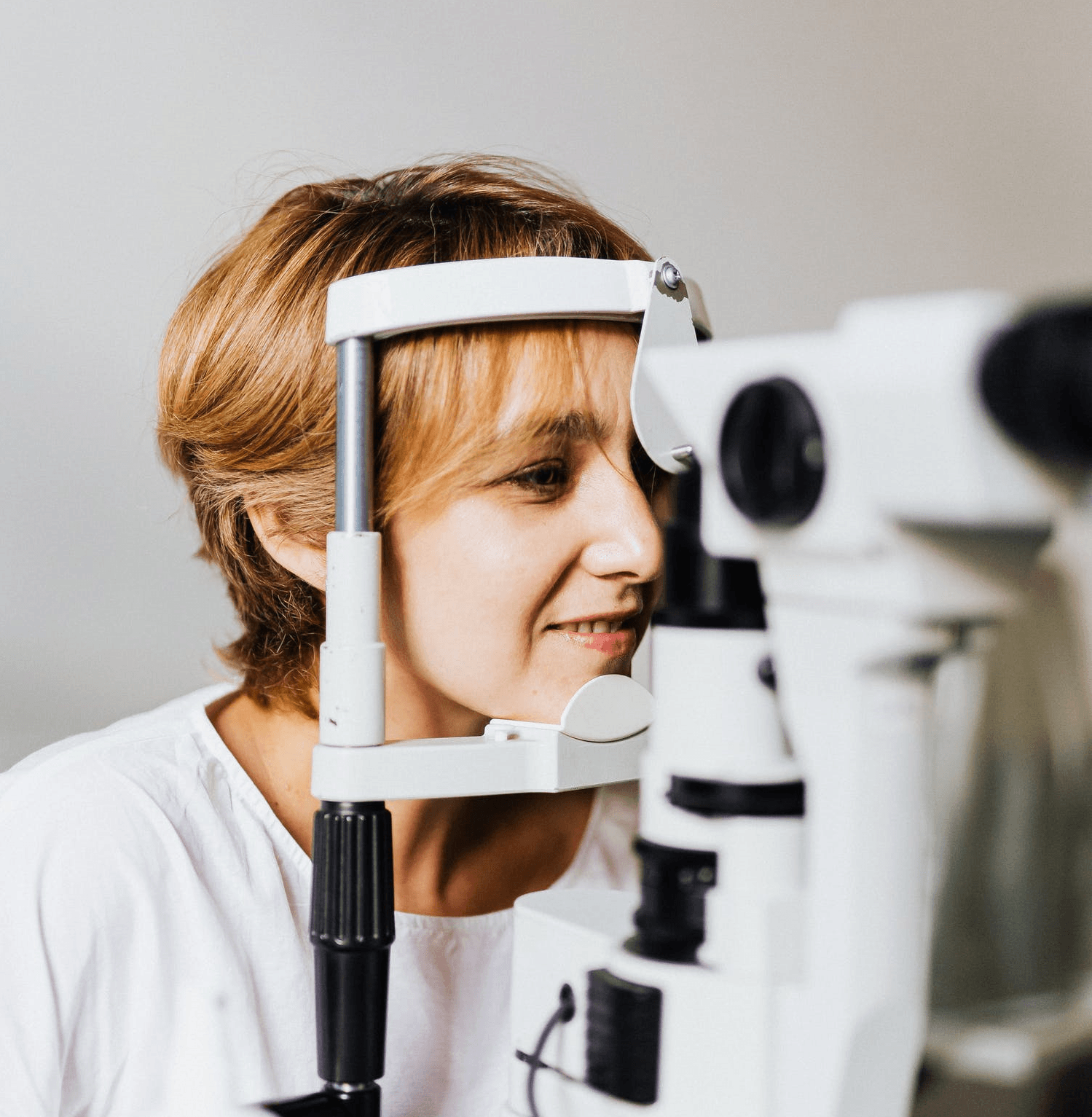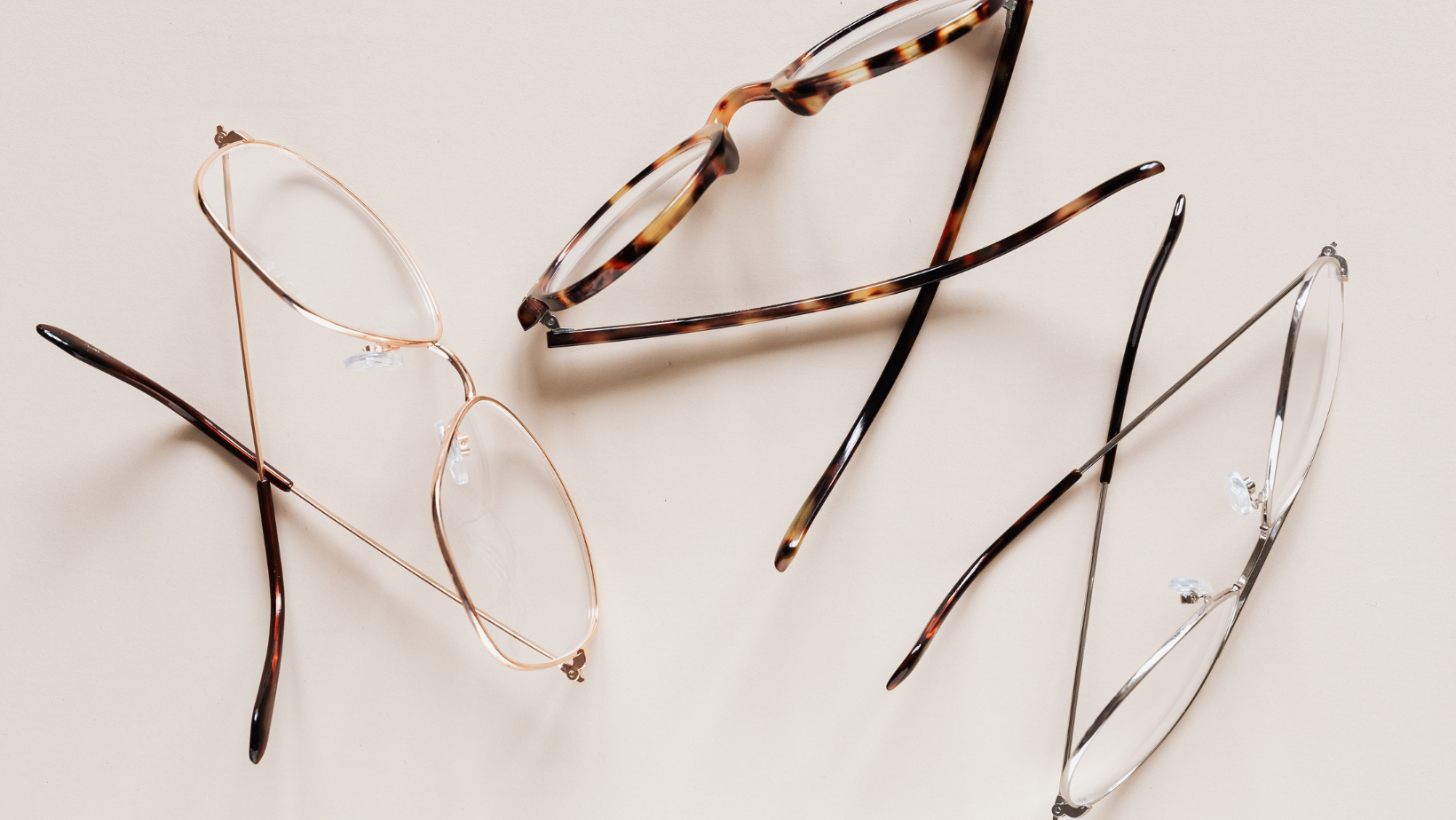What is Presbyopia?
Presbyopia is a condition in which the lens inside the eye loses flexibility, making it difficult to focus on near objects. Find out more about this common problem here.

What is presbyopia?
Presbyopia is a common condition in which the lens inside the eye loses flexibility, making it difficult to focus on near objects.
What causes presbyopia?
Inside the eye there is a lens about the size of a pea. To focus clearly on close objects, such as when you read, muscles in the eye change the shape of the lens to provide clear focus. With age the lens becomes less flexible and the muscles can no longer change the shape of the lens to provide clear focus on close objects. This is a completely normal change that occurs in all people.
At what age does presbyopia occur?
The changes to the lens that eventually lead to presbyopia occur from childhood, but presbyopia is most commonly apparent to people around 40 years of age. Some people may notice that presbyopia develops suddenly while others say the changes are gradual. Presbyopia cannot be prevented and everyone experiences the symptoms of presbyopia.
How will I know I have presbyopia?
You may have presbyopia if you find yourself holding near objects at arm’s length to see them clearly, near print becomes blurry, or you find your eyes become tired very quickly when reading. It is important to have an eye examination with an optometrist, who will test how well you see up close by placing different lenses in front of your eyes. Using information from this and other tests, your optometrist can tell if you have presbyopia.
Can presbyopia be cured?
No, but properly prescribed glasses or contact lenses will make seeing clearly up close much easier.
Why do I need a new prescription every two years?
Once presbyopia begins, the lens continues to lose flexibility. Between the ages of 40 and 60 years, you may need to change your prescription every few years to ensure that you are able to see as well as you always did.
How does presbyopia affect me?
Your optometrist will tell you if you need to wear glasses to help you see clearly. You are likely to need to wear glasses when you are reading books and magazines, using computers and performing other tasks that require you to focus up close. Often, prescription glasses for reading are prescribed first. These give excellent vision for reading but are blurry if you look through them into the distance and you have to take them off to walk around. If you need clear distance and near vision at the same time, talk to your optometrist about whether bifocal or multifocal lenses are an option for you.
Common presbyopia myths
My presbyopia started overnight.
While many people say presbyopia comes on suddenly, the process is gradual over many years.
Wearing glasses for presbyopia will weaken my eyes.
It does not. The lens inside your eye will continue to lose flexibility regardless of whether you use prescription glasses or not.
I have to stop wearing my contact lenses when I get presbyopia.
This is not true. If you already use contact lenses for your distance vision, there are many great options to provide clear, comfortable vision all day.
I will go blind from presbyopia.
You will not go blind from presbyopia. Presbyopia is a normal change to your eyes that makes it difficult to read up close.
Eyemode Optometrist is your independent local optometrist where friendly customer service comes first. You'll find us in the historic Top of Town precinct in the heart of Ipswich.











